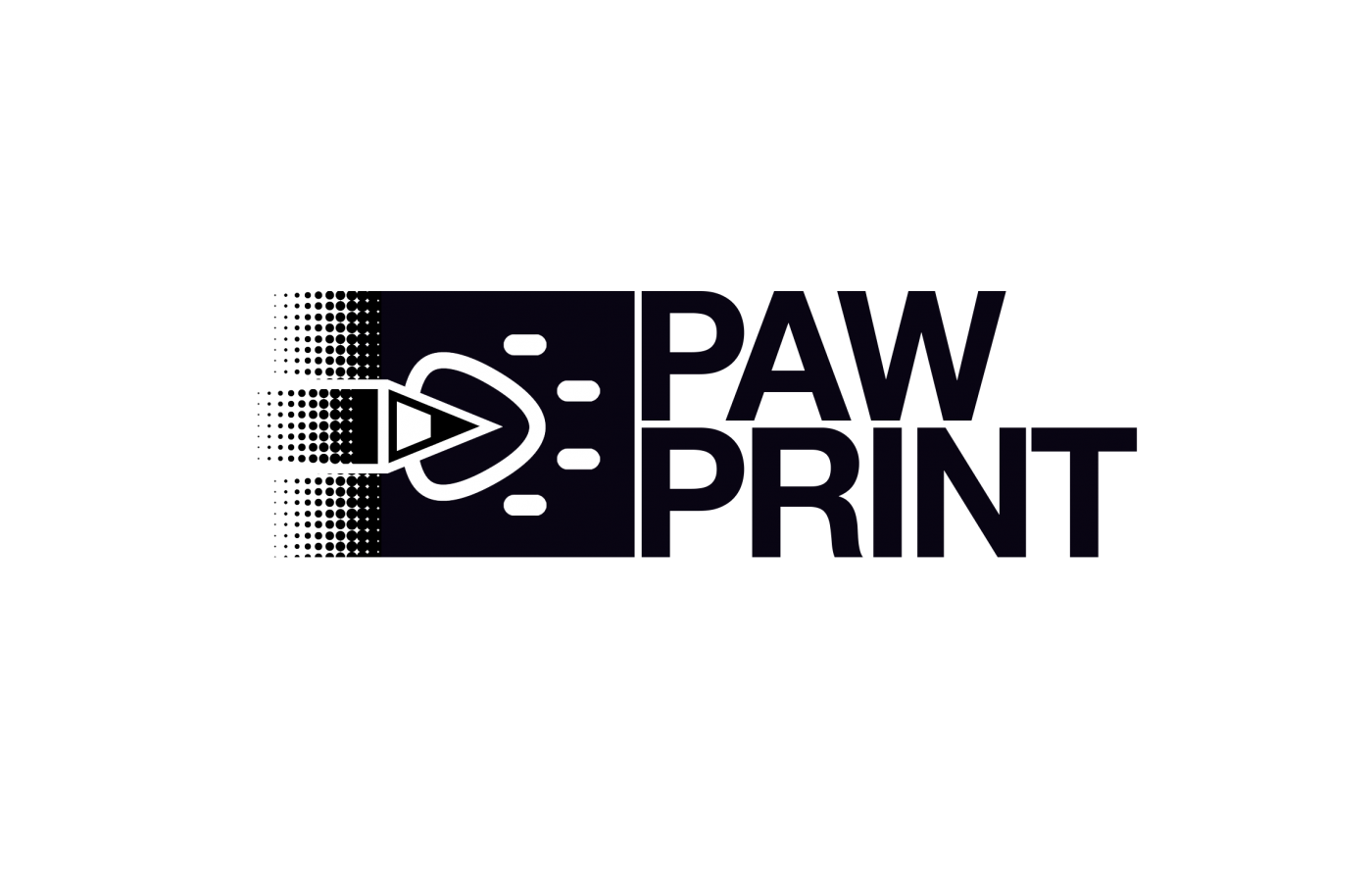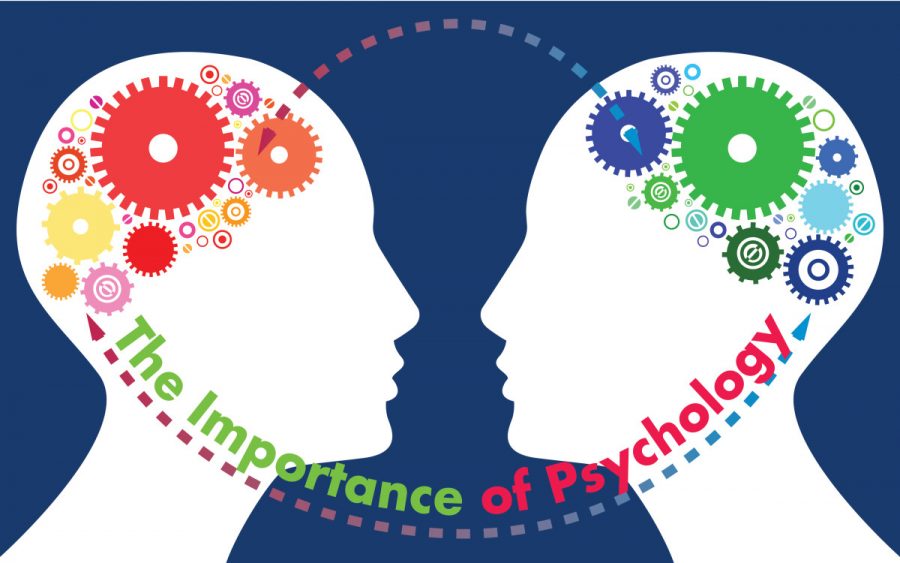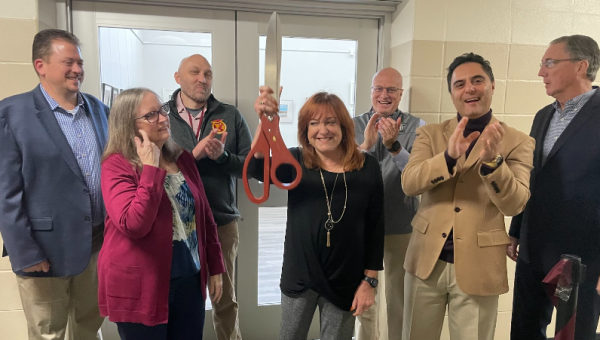Walt Whitman Club Spotlight: Psychology Club
I recall earlier this year the announcement of Whitman’s latest club: the Psychology Club. Me, being the psychology nerd I am, raced to the meeting the following week, not quite knowing what to expect, but knowing it would be good. And it was. Now, I join the club virtually or in-person every other Friday. You should too.
The founder of the club, Ira Dubey started the club partly because of the isolation caused by COVID-19 and the increase in the rates of depression and anxiety. According to Dubey, “I wanted to create a club that could help kids our age build a support network and learn how to cope with the challenges of life.” As a member of the club, I love how supportive the atmosphere is. We discuss a wide variety of mental health issues from OCD to depression and learn ways to better deal with them (I even gave a little presentation about OCD). However, mental health issues are not the sole thing the club discusses. Dubey covers a variety of topics which include, “depression/anxiety (their causes and stigmas), OCD, vulnerability, sleep and dreaming, defense mechanisms, classical conditioning, and social prescribing.” Overall, the purpose of the psychology club is to better understand the human mind, which is something I think we all can benefit from!
But the club isn’t just for learning about various psychological phenomena. Dubey notes, “To balance learning with fun, we had plenty of arts and crafts projects.” She reminisces that, “We decorated a Christmas tree together, made happy jars, made bracelets, and more.” All these activities sought to teach members to care for their mental health (which we all have by the way!) and take time to be with friends and do something relaxing.
As for next year, Dubey hopes that she can get more members. Dubey says that “If we build a large enough network, I will open up officer positions for the club.” This could look great on college resumes for the people who take on these roles. There also might be more community service and fundraising activities. Dubey states that “Some ideas so far are fundraisers for the ADAA, MHA, or Brain & Behavior Research Foundation, for the Crisis Text Line or Teen Line, and for the Trevor Project.” As for community service, Dubey is “…looking into community service opportunities at hospitals or other locations.” These types of community service activities are especially beneficial for those looking to go into the medical or psychology fields.
In actuality, just learning about psychology is quite beneficial for all professions, but especially for “…anyone planning on entering a medical or psychological field.” Dubey told me that these individuals should “…definitely join this club. ” However, learning psychology can be beneficial for anybody, helping them to learn more about themselves and how others around them interact. I think Dubey put it in the best way:
“Psychology is incredibly important because it clarifies why we are the way we are and why other people are the way they are. Why do we sometimes snap at others? Why do we have difficulty falling asleep? Why did that person act in such toxic ways? All of these questions can potentially be answered through psychology! And through answers and understanding comes peace.”
What could be better than that?




